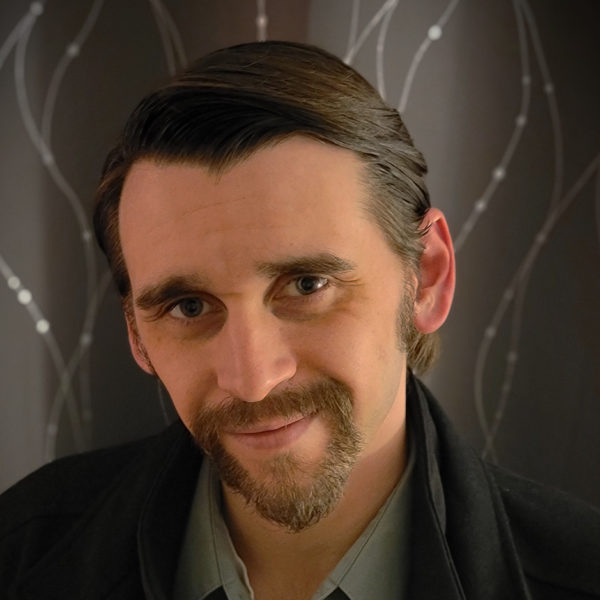

Gary Varner

2001: A Space Odyssey Review Part 7: Space Baby
The idea of a floating baby with a force field around it is ridiculous.
2001: A Space Odyssey Review Part 6
Is Bowman a victor for reaching the stargate or has he been caught in a trap?
2001: A Space Odyssey: It Comes Down at Last to Bowman vs. HAL
In Part 5, we see that both Clarke and Kubrick treat AI as a potential threat to humanity but for different reasons
2001: A Space Odyssey: The Brief Story of Heywood Floyd
In Part 4, we look at what the middle story — meeting the Monolith on the moon — is doing
Space Odyssey 2001: Were Clarke and Kubrick at Odds?
Part 3: The ambiguity in 2001 is not the result of artistic muddiness but the middle ground for an unspoken conflict between the two writers
Space Odyssey 2001: Decisions To Make About That Monolith
In Part 2 of my series on the sci-fi great, I want to consider where the Monolith fits in the hard vs. soft magic systems that make for sci-fi stories
2001: A Space Odyssey Was a New Type of Science Fiction
The film is perhaps best understood as three completely different stories whose only connection is the monolith
How To Write a Time Travel Story That Keeps Making Sense: Part 2
In this sixth and final installment, I show how narrowing a rather than escalating it, avoids unwanted paradoxes
How To Write a Time Travel Story That Keeps Making Sense, Part 1
Here in Part 5, I offer an approach that allows for time travel without obvious giant plot holes
Time Travel in Science Fiction: Now For Some Examples That Work…
Here in Part 4, we look at how to make time travel work as either soft or hard magic
Time Travel: The Threat of Escalation in the Terminator Series
Part 3: The Terminator series writers never new whether there would be a sequel, and that had implications for how they plotted time travel
Time Travel: How and Why the Terminator Series Worked—Then Didn’t
Part 2: Time travel works well enough as a soft magic system but time-travel stories run into problems when it is treated as a hard magic system
The Pluses and the Perils of Time Travel in Science Fiction
Time travel can be treated as a form or hard or soft “magic” but it is important not to confuse the two
Time Machine 2002: When the Good Guy Somehow Becomes the Bad Guy
In this final part of my six-part review, I look at a basic problem: The movie is pretentious without ultimately having anything to say
Time Machine (2002): When the Bad Guy is Nicer Than the Good Guy…
In Part 5 of my extended review, we get an answer to the story question: Can the traveler save Emma?
Review: Time Machine 2002 — Hold On Again. That Snarky AI Returns
In Part 4 of my review, we look at plot devices and holes. How DID that AI survive the destruction of New York?
Time Machine (2002) — A Gordian Knot of Freshman Philosophy
In Part 3 of my extended review, I look at the film’s effort to tease apart the philosophy of fighting vs, accepting one’s fate
Review: Time Machine 2002 — Hold On. Someone’s Destroyed the Moon
Part 2: The Eloi we meet in this film are radically different from H.G. Wells’s Eloi and that of the 1960 film version